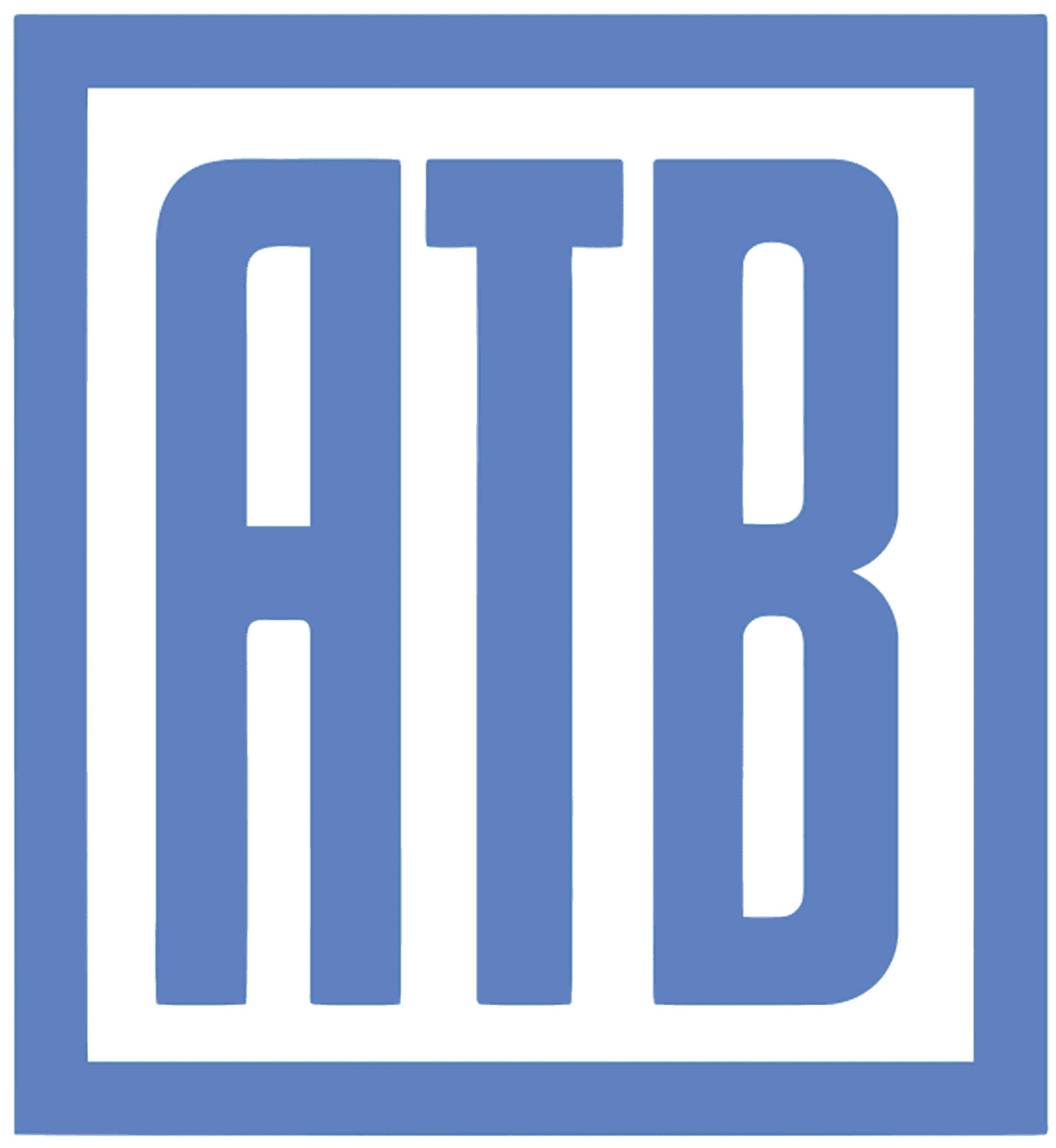Polyvinyl chloride (P.V.C) is a versatile polymer with various grades tailored for specific applications.
The grades of PVC are categorized based on their properties, such as molecular weight,
porosity, and plasticizer content. Here are some common P.V.C grades and their applications:
Rigid (uPVC):
Application: Used in construction for pipes,
fittings, and window profiles due to its excellent strength and chemical resistance.

pvc
Flexible (PV.C-P):
Application: Commonly used for cables, hoses,
and inflatable structures due to its flexibility and durability.
Plasticized (P.VC-P):
Application: Widely employed in the production of films, sheets,
and medical products because of its flexibility and ease of processing.
Chlorinated (CP.VC):
Application: Suitable for hot water pipes and corrosive fluid handling due to
its increased heat resistance and chemical stability compared to standard P.V.C.
Foamed :
Application: Used in signage, display boards,
and insulation applications due to its lightweight and insulating properties.
High Molecular Weight :
Application: Employed in manufacturing durable products such as outdoor furniture,
decking, and automotive components.
Cross-Linked (P.VC-XL):
Application: Used in wire insulation and cable jackets,
providing enhanced thermal and chemical resistance.
Thermoplastic(PVC-T):
Application: Found in a variety of products, including bottles,
packaging, and credit cards, due to its ability to be molded when heated and solidify when cooled.
Remember that the choice of PVC grade depends on the specific requirements of the application,
considering factors like temperature resistance, chemical compatibility, mechanical strength, and flexibility.








